Summer is back and that means so are the ticks. Fortunately, these little biting menaces don’t have to ruin your outdoor fun. A few simple precautions can help keep you and your family safe all summer long.
Ticks in North East Ohio
There are four types of ticks in North East Ohio. These are the American Dog Tick, the Blacklegged Tick (also known as the deer tick), Brown Dog Tick, and, less common, the Lone Star Tick. While all these species spread various illnesses, the Blacklegged tick is responsible for Lyme disease. This tick doesn’t stay in the woods. Blacklegged ticks can be found in any grassy/wooded area. Including your lawn.
Reducing Ticks in the Yard
There are some things you can do to help reduce the number of ticks in your yard.
- Mow the lawn frequently.
- Remove leaf litter.
- Make sure any compost piles are hot and that brush is not allowed to accumulate.
- Remove/mow tall grasses and remove brush around your home and at the edge of lawns.
- Place a 3-ft wide barrier of wood chips or gravel between lawns and wooded areas.
- Discourage rodents by keeping trash cans indoors.
- Keep playground equipment, decks, and patios away from yard edges and trees.
- Use rubber mulch under playground equipment.
- Choose plants that are deer and rabbit resistant to discourage them from entering your yard.
- Remove any trash, old furniture, or abandoned items from the yard and keep your lawn free from debris.
Avoiding Tick Bites
Any outdoor activity, walking your dog, hiking, gardening, could bring you in contact with ticks. Many people get ticks in their own yard.
Before you go outside
Treat clothing and gear with products containing 0.5% permethrin or buy permethrin-treated clothing and gear.
Always follow product instructions, and do not use products containing OLE or PMD on children under 3 years old.
Avoid wooded and brushy areas with high grass and leaf litter.
Walk in the center of trails.
When You Come Inside
Examine clothing, gear, and pets for ticks. Any ticks should be removed and disposed of.
Wash clothes in hot water. Jackets and backpacks can be put in a dryer on high heat for at least 10 minutes to kill ticks. If the clothes are damp, additional time may be needed.
Shower within two hours of coming indoors to wash off any unattached ticks and do a full body tick check paying special attention to less exposed areas like underarms, inside belly button, in and around the hairline.
Ticks don’t have to be part of your summer experience. By following these simple tips, you can reduce your risk to ticks and the diseases they carry.
Want more protection from ticks? Call your Mulholland Pest specialist and ask about lawn treatments today (440)528-1234

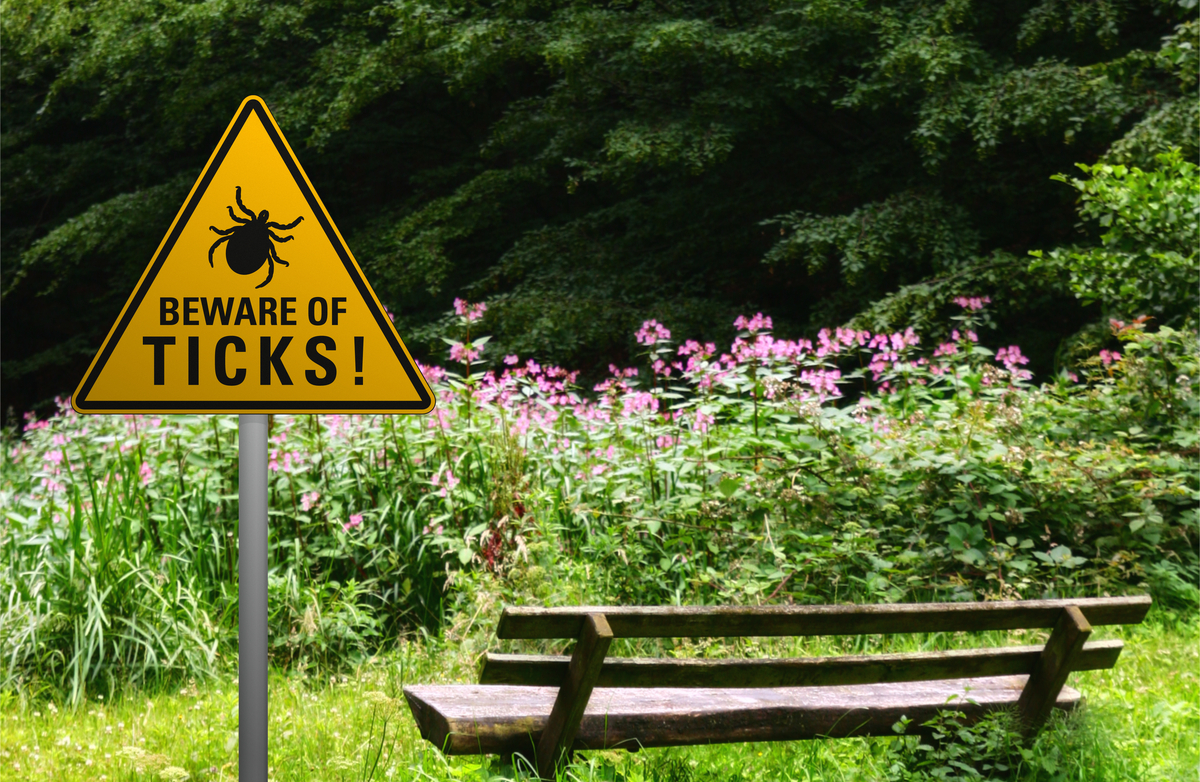
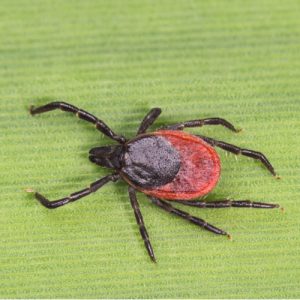
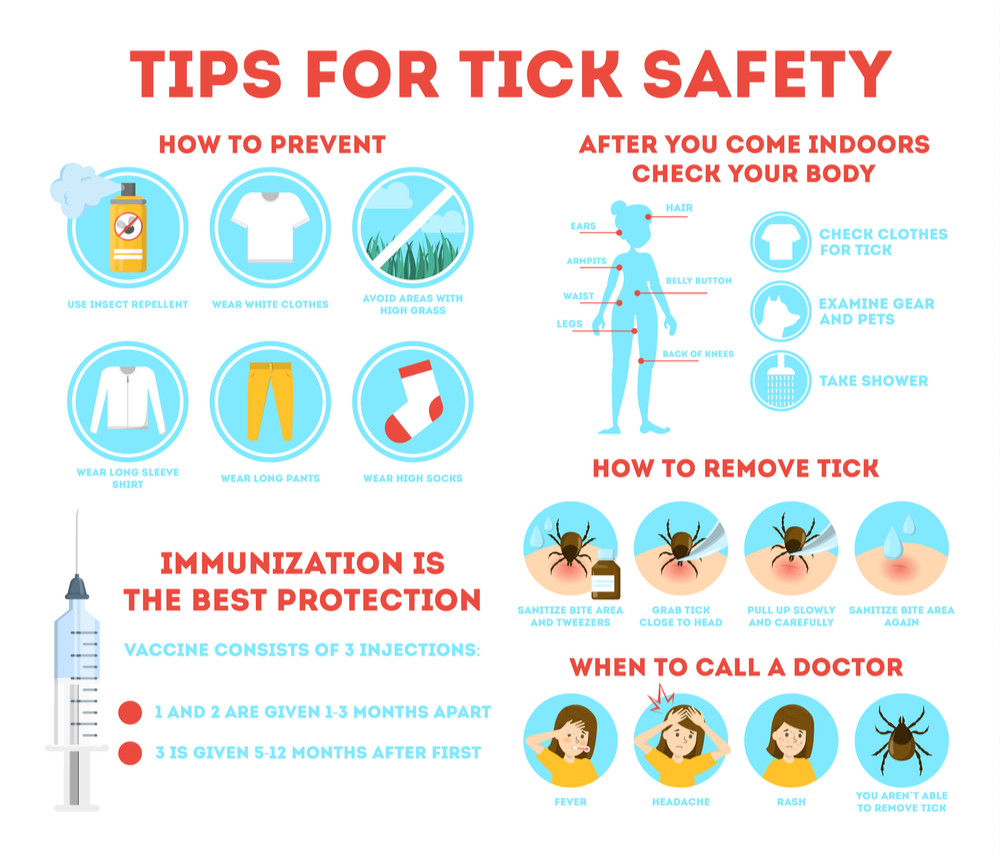
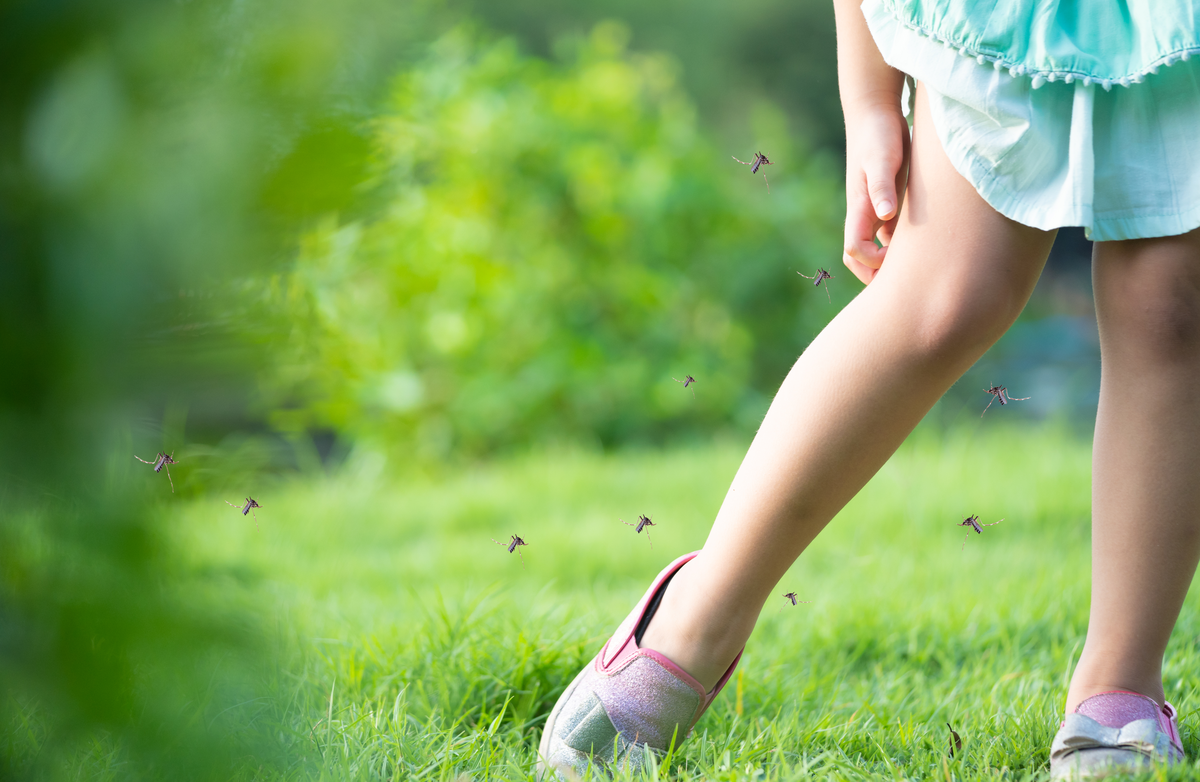

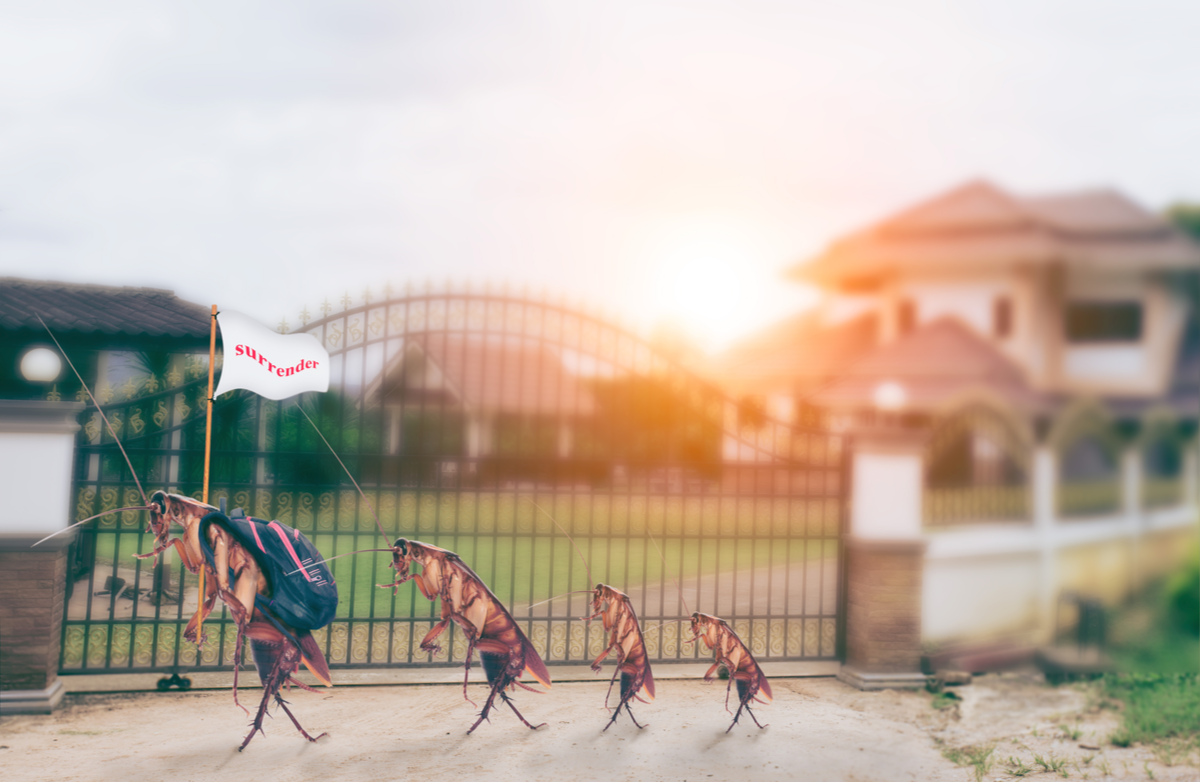
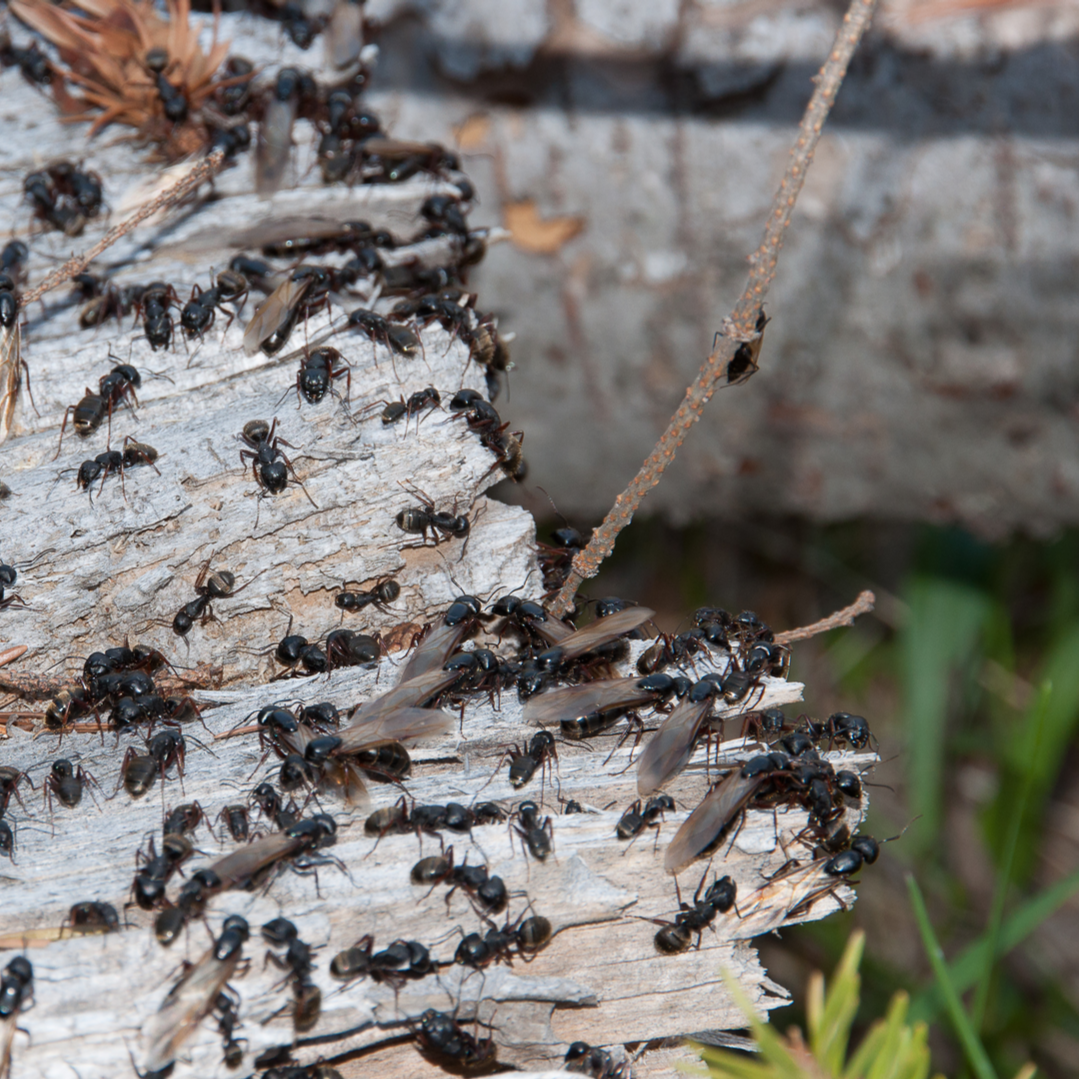
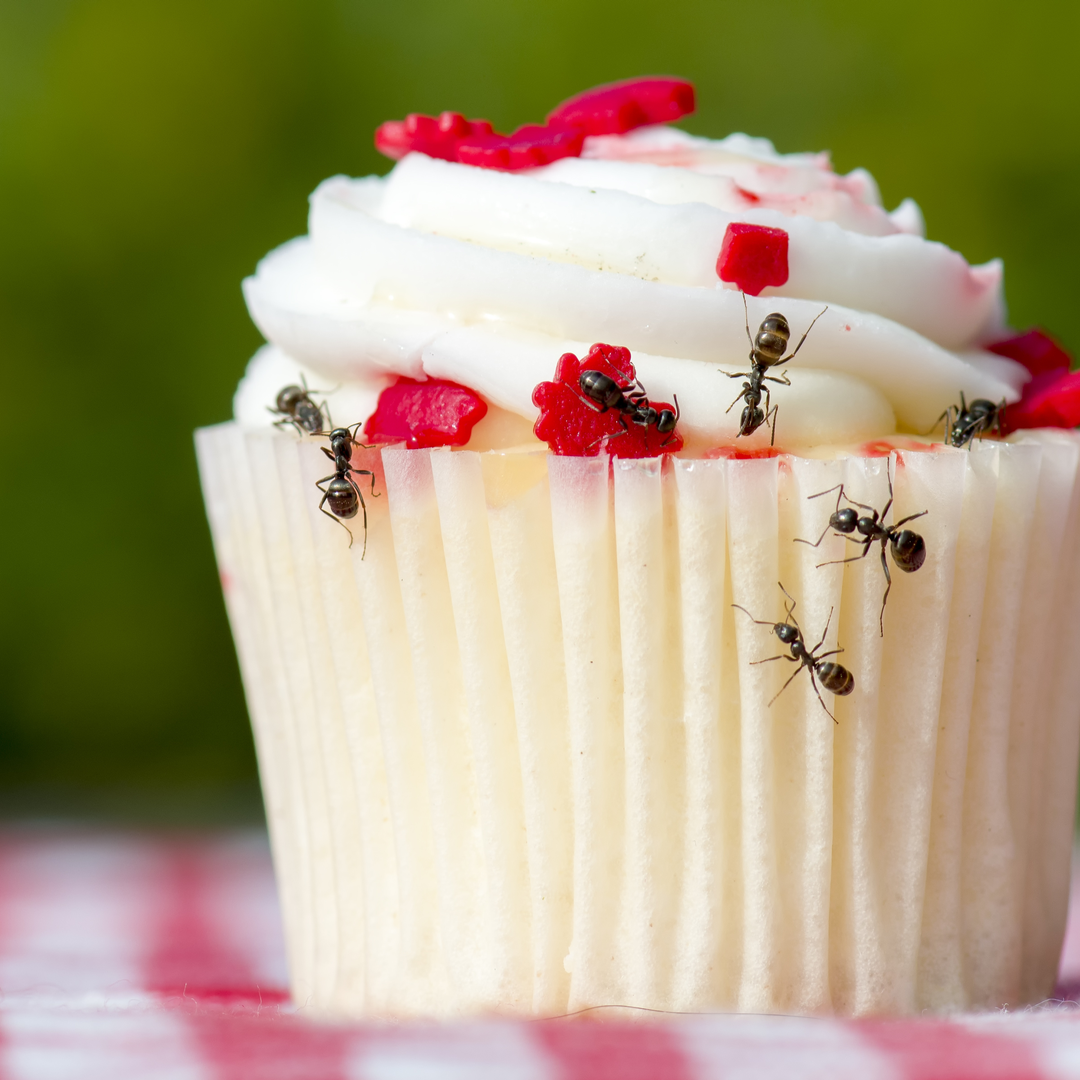




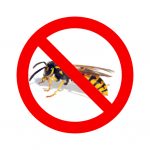

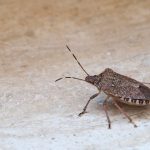

Recent Comments